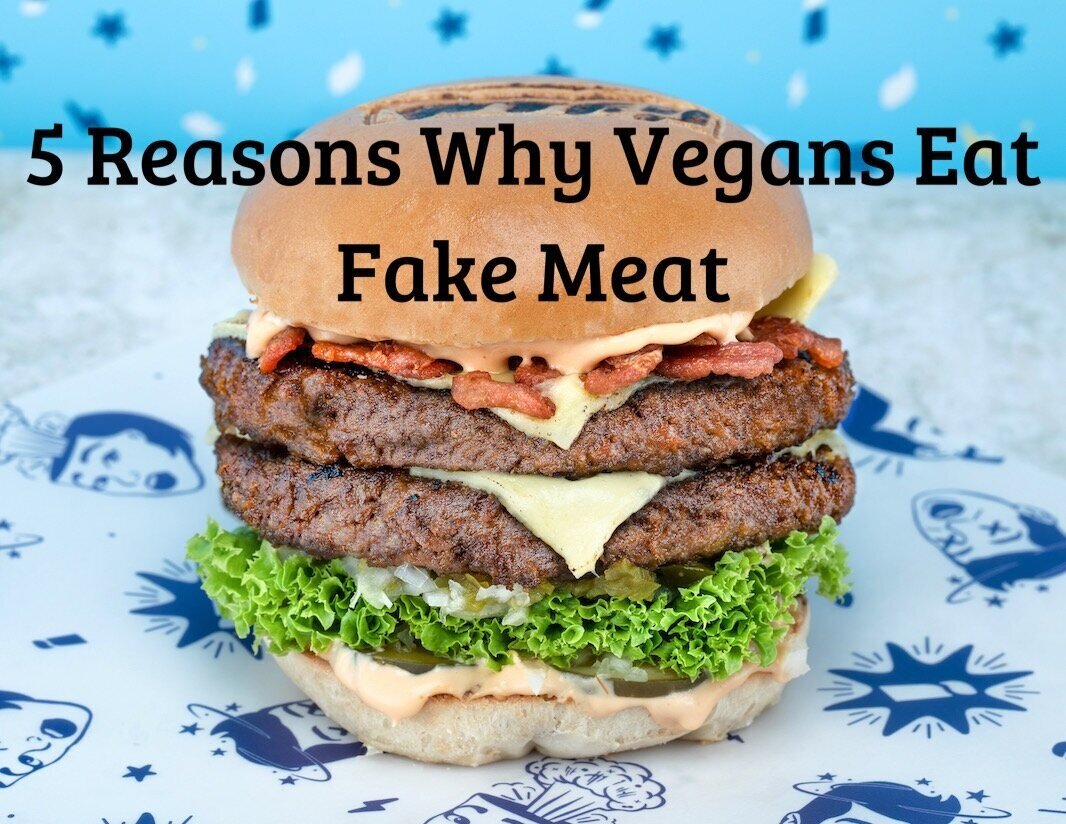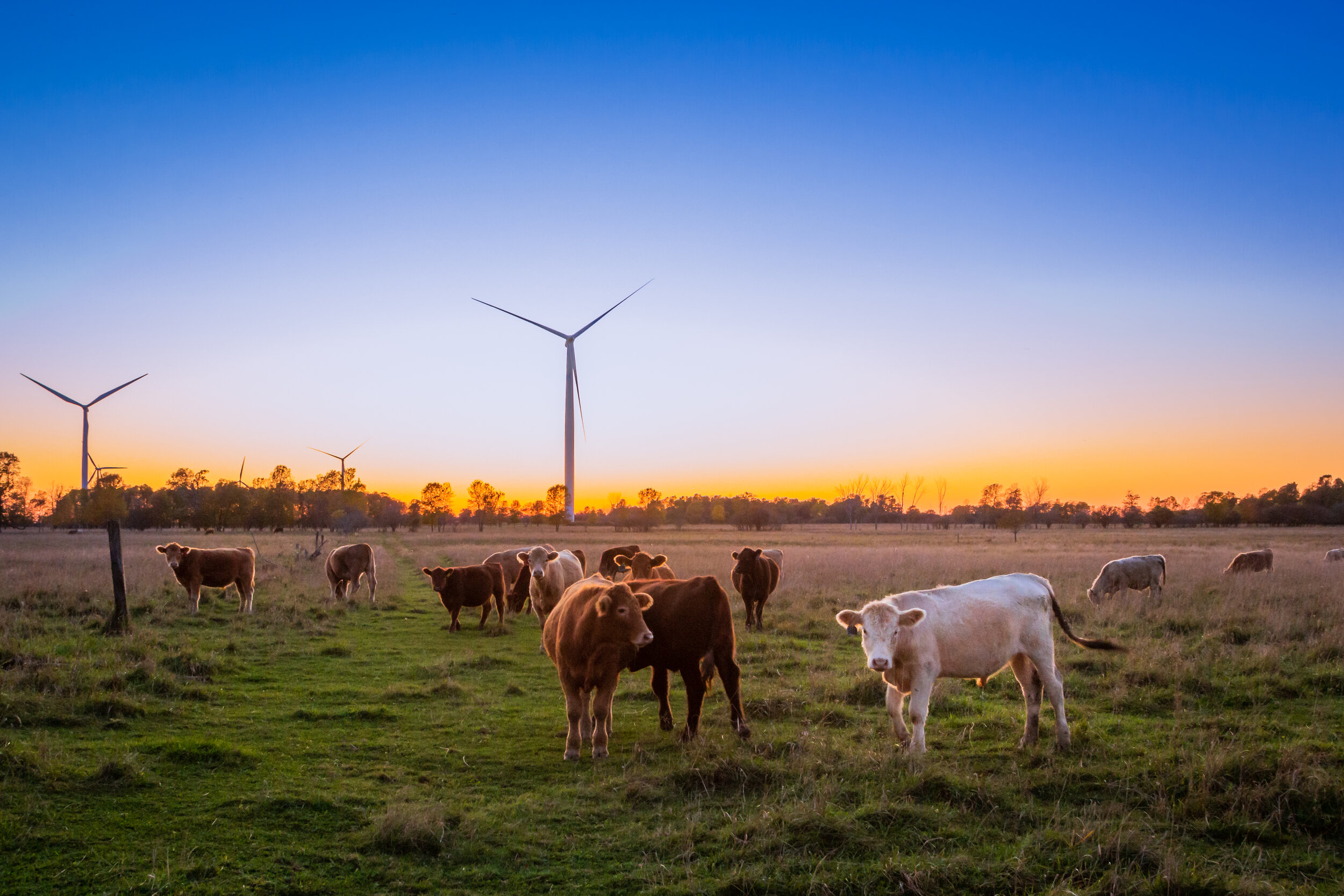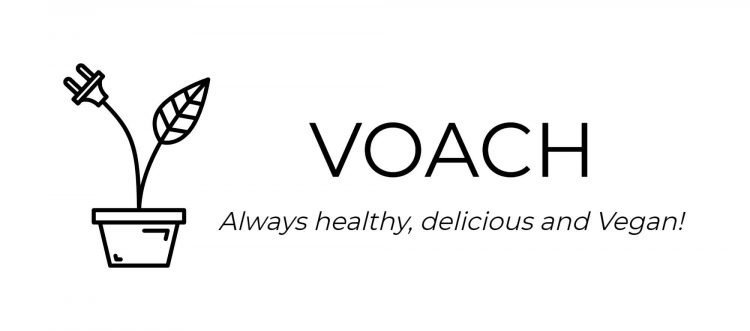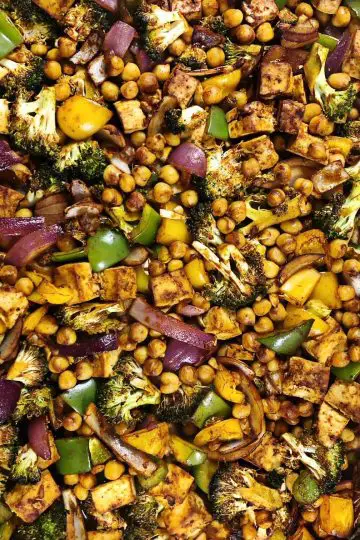I’ve heard many people ask vegans questions like: Why do you eat fake meat that tries to imitate meat? Doesn’t this prove that your body needs meat? How can you eat fake meat when it reminds you of the slaughtering of animals?
These questions may seem difficult to answer the first time you hear them. But fear not. The good news is that there are perfectly reasonable justifications for eating these fake meat products. So don’t feel any shame when you go to buy a fake meat burger: it is not, in any way, an admission of some type of vegan guilt. So, let’s jump straight into it!

1. They like the taste
Goes without saying, but not all vegans are the same. There are some vegans who will admit that they enjoyed the textures and flavours of meat products, but see it as unjustified and unnecessary for an animal to be slaughtered in order to satisfy their taste pleasures.
This concept is not so surprising when thought about deeper. When someone has been eating meat products their whole life, their taste buds have been developed to enjoy these textures and flavours through the senses and cells of the physical body, neurochemical activation and memory.
It is therefore perfectly understandable for some vegans to still desire the enjoyment of these same textures and flavours. It seems like a win-win, because it is. You can have your cake and eat it too – or in this instance, you can have your burger and not the cow too!
Now someone might say that this admission proves that your body craves these meat products and, therefore, it is innately natural for humans to eat them: either because we crave the taste of it, or because our bodies crave it for its nutritional properties. This is the supposed “Gotcha!” moment. May seem convincing on the surface, but is actually quite a weak response.
Firstly, our taste buds are not made of stone and are developed based on a complex interplay of genetics, culture, emotions, environment and upbringing [1]. So the fact that a person has been exposed to these meat products from a young age and developed a taste sensation for it, does not prove that humans “need it”, or that it is healthy. Just in the same way that a person who has been exposed to sugary processed foods from a young age and developed a taste sensation for sugar, does not prove that humans “need it” or that it is healthy.
About 10% of the cells in taste buds die every day [2], and our taste buds have developed evolutionarily to be adaptable and prefer the textures and flavours of other foods with repeated exposure. Therefore, our taste preferences are not conclusive proof that our bodies “need” to eat the type of food that we crave the taste for, especially meat.
Secondly from a nutritional standpoint, there is no unique or special vitamin or mineral that is contained in meat that is essential for the human body and which cannot be found in vegetables. Now this is a whole other topic which I will cover in detail in another blog post. But for the purposes here, it is relevant to point out that these fake meat products are the healthier alternative to their meat counterparts in any event. This leads us to our second reason…
2. It is the healthier alternative
Let’s start off with the most obvious concerns with eating the types of meat products that these fake meats imitate. Higher consumption of red meat, especially processed red meat, is associated with higher risk of type 2 diabetes, cardiovascular disease, certain types of cancers including those of the colon and rectum, and premature death [3]. Processed meats have also been categorised as a Class 1 carcinogen, and red meat generally as a Class 2 carcinogen, by the World Health Organisation [4] – not to mention the other numerous health risks related to the consumption of cholesterol and animal saturated fat that are contained in these meat products.
So with that out of the way, let’s move onto the nutritional information of fake meats. For starters, they do not contain any animal saturated fat, trans fats, cholesterol, animal hormones and antibiotics and will generally be lower in calories than their counterparts – all while having a high amount of protein and fibre (for which meat does not have any of).
Especially as the technology and processes behind these fake meats advance and become fortified with more vitamins and minerals, they will have even more health benefits in the future. If you just look at the Impossible Burger 2.0 today, it already has higher amounts of Vitamins B12, B1, B2, Folate, Zinc, Calcium, Iron and Antioxidants than your average beef patty.
Now to be clear, I am not making this point to say that fake meats are a health food. They are not (in particular, the sodium content is a concern). But nor do they intend to be. They fill the niche of people wanting, say, a burger that is healthier, better for the planet and doesn’t require an animal to be killed in the process – but not the niche of people wanting organic fruits and vegetables. Stacked up against their meat counterparts, there is no competition. The fake meats are the healthier alternative right now, and will be even more so in the future.

3. It makes the transition to the vegan diet much easier
If our taste buds have been developed to enjoy the textures and flavours of these meat products, then of course removing it completely from our diet immediately can be challenging and cause cravings which are hard to ignore.
This is a common problem for aspiring vegans. “I would go vegan, but I can’t live without {meat/cheese/chocolate/etc}”. Well, then it follows that if you can solve this problem for people, you would have more people go vegan. So it comes as no surprise that this is now the trend. Here in the UK, the number of vegans has quadrupled from 2014-2019 [5] and the sales of these fake meats have grown by 451% in the European market in the four years to February 2018 [6].
Those first months transitioning to a vegan diet can be challenging for some people. There’s no denying that, which is why people may need support to get started on the right track. This is why I personally think that fake meats are a great tool that we now have in the vegan toolbox. They have become so readily accessible and of high quality (both taste and nutritionally), it would be detrimental to the vegan movement not to support them.
Plus, it makes it so much easier for people not to reinvent their whole diet right at the start of their journey – as they can still eat all the meals they know and love, but just “veganise” them and swap in fake meats. This makes a huge difference for people in their transition, particularly for people who may be busy, not enthusiastic about cooking or simply are not good cooks. They just want to continue eating simple quick meals which they have always had, but are now compatible with the vegan diet.
At the end of the day, you will be more likely to stick to the vegan diet if you can enjoy the transition into it, and these fake meats achieve that for certain people.
4. It is the more sustainable alternative
The benefits that a vegan diet has on the environment is well documented and overlaps with a core reason why so many people choose to switch to a vegan diet in the first place.
So without going into in-depth analysis all the benefits of a vegan diet for the environment, here we will simply look at the simply the advantages of fake meats compared to their meat counterparts.
Firstly, lets look at two studies conducted in respect of the Beyond Burger and Impossible Burger. One study by the University of Michigan founds that the Beyond Burger generates 90% less greenhouse gas emissions, requires 46% less energy, has >99% less impact on water scarcity and 93% less impact on land use than a ¼ pound of U.S. beef [8]. Then another study by Quantis found that the Impossible Burger generates 89% fewer Greenhouse Gas emissions and requires 87% less water, 96% less land and 92% less aquatic pollutants compared to conventional beef [9].
These numbers are, simply put, staggering.
Now, it is important to note that these studies were funded by the respective companies, and detractors will say that more independent studies on this topic are needed for accountability. I agree that more independent studies would be better to support these findings. However some people argue that this funding creates a level of bias in the study that is too fundamental to the study and therefore dismiss these findings. I would argue these findings are still extremely significant and need to be acknowledged from the three perspectives that:
- There have been studies on other fake meat products which have similar findings, such as this study which looked at the environmental impact of 39 different meat substitutes and found that they generate approximately 10 times less greenhouse gas emissions than producing comparable beef-based products [10].
- There will never be 100% consensus in science, but that does not mean you ignore the overwhelming majority of research which supports the claim that eating these fake meat are more sustainable for the planet than their meat counterparts.
- No one has produced a study which disproves these findings. Even if the statistics on the environmental impacts of meat production were not as negative as shown in these studies – the statistics will not be so low that it overturns the conclusion.

5. Meat products do not resemble meat anyway
This is, most likely, not a reason which goes through a person’s mind when they choose to eat fake meats. However, this reason highlights some key elements of why people have for so long dissociated these meat products from the animals they originate from – and must be discussed more.
Most people do not desire to hunt their own food and eat the flesh of a dead animal upon kill with their bare hands and teeth (which causes a whole host of health issues even if you were to do so). It has to be manipulated to change the textures and flavours of true meat to something more compatible for humans to eat on a daily basis.
Let us think about something like KFC for example. What makes KFC so appealing? I would argue it is not the chicken flesh, fat, bone, cartilage and all – which most people would be repulsed to eat at the time of the chickens demise (or even as it arrives to a KFC store before the cooking process begins). It is the fact that it is deep fried in vegetable oil (vegan) and then seasoned with the famous “7 secret herbs and spices” (also vegan). So even the meat products which people have grown up to love, the part they enjoy are the vegan parts of it which mask the true nature of the flesh itself.
So when we think about it further, these fake meats are imitating meat products, which are originally manipulated to not look like or taste like the true form of meat in the first place. So the argument that fake meat is trying to replicate the taste of meat, and that is what vegans crave, does not really hold up. For this to be true, there would have to be fake meats which look like the parts of the animal which are cut open from the moment they are slaughtered, bones, tendons, hair and all. To this date, I have not seen any product like this.
So really, we should not use an inaccurate term like fake meats to describe these products anyway, just in the same way that we should not use the inaccurate terms that we use for these meat products to cover up and distract people from what they really are. Drumstick? Lower part of a dead chicken’s leg. Bacon? Dead pig’s belly or back. Rump? A dead cow’s ass. Hot dog? Who the hell knows…
Final thoughts
Now for sake of clarity, I wanted to make a few additional points to clarify some points in this blog:
- This blog is obviously general in nature, as to do a full depth analysis on each point would make it so long that most people would not even click on this page. I am always happy to provide people with more in depth analysis on any of the points raised, or answer any questions that arise from this blog.
- I have used the term “fake meat” in this blog merely for ease of reference. Plant-based products are my preferred term, as these products are evolving into something greater than just imitation. Plus, there is nothing really fake about these products. They are made from plants and have nutritional benefit for humans just like other “real” plant foods. Don’t worry, the history and nature of language development will correct this over time.
- I did not list animal welfare as one of the reasons, simply because I believe this reason is so well understood by people that it does not need to be specifically listed. In this discussion, or any other discussion on veganism for that matter, the welfare of the animals should always be the primary reason.
At the end of the day, the recent phenomenon of fake meats is having a large and beneficial impact on society in many facets, and will continue to do so into the future. As the collective consciousness of people evolves and grows, there will be new ways of thinking and preparing our food that will not resemble our barbaric history. There is more progress to come in the vegan movement, and this is just the start. So embrace it with open arms, as the alternative is too horrific: not only for yourself, but also for the animals, the planet and each other.
The information contained in this article is for educational and informational purposes only and is not intended as health or medical advice. Always consult a physician or other qualified health provider regarding any questions you may have about a medical condition or health objectives.






